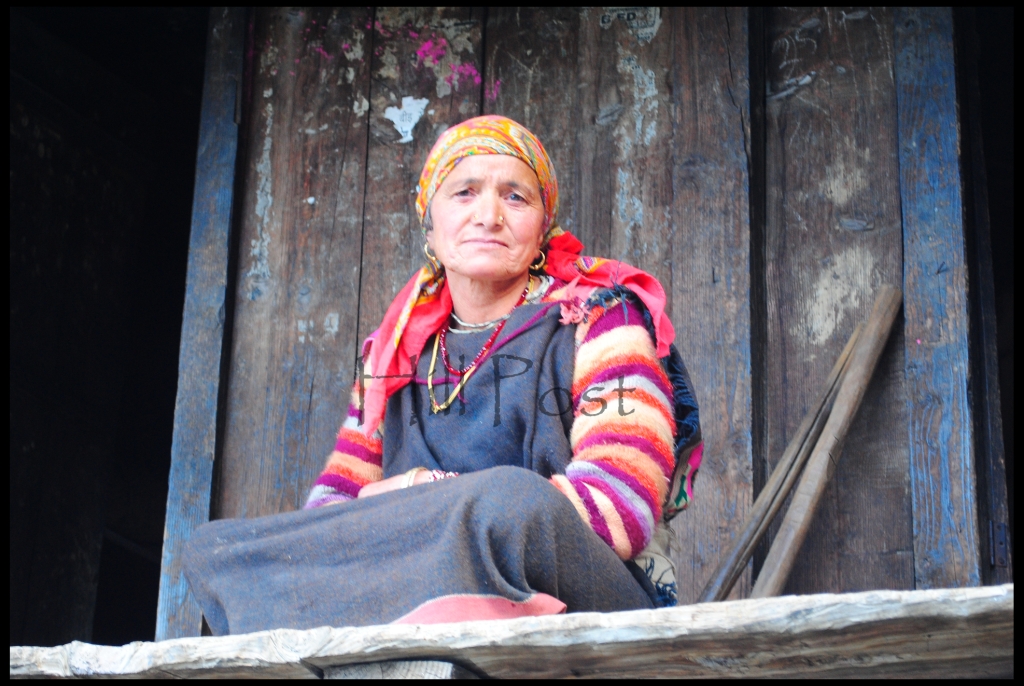Srinagar : Is it the end of the road for Jammu and Kashmir Chief Minister Omar Abdullah’s proposal to partially revoke the Armed Forces Special Powers Act (AFSPA)? Most Kashmiris believe so.
Having announced last month that the AFSPA would be withdrawn from some areas of the state to begin with, Abdullah is today a lone ranger campaigning for something he willingly or unwillingly staked his credibility on.
“How does he move forward on his assurance from here? It is a pretty unenviable situation. With the centre almost refusing to grant his request for an immediate partial revocation, Abdullah is in a political dilemma,” said Muzaffar Ahmad, a college teacher here.
“Would he scale down his earlier commitment? Would he stick to his commitment and thereby take the centre head on? Both these options are unlikely.”
The man on the street, however, believes Abdullah will have to go along with what he is told by New Delhi.
A state cabinet meet scheduled for Thursday to discuss partial revocation of AFSPA has reportedly been postponed.
Abdullah’s visit to Delhi where he met Prime Minister Manmohan Singh, Home Minister P. Chidambaram, Finance Minister Pranab Mukherjee, Defence Minister A.K. Antony and the army chief, General V.K. Singh proved inconclusive. Abdullah has evidently been given no concrete assurance regarding a timeframe for partial revocation of the act, so it is now highly unlikely the state cabinet would take a final call on the issue.
The knives are also out as the opposition Peoples Democratic Party (PDP) president Mehbooba Mufti has blamed Abdullah for “enacting a drama over the sensitive issue of the AFSPA”.
Mehraj-ud-Din, a fruitseller in the Residency Road area of Srinagar city, said: “It has always been the same story for Kashmiri politicians in power.
“Delhi did not come to the rescue of Omar’s grandfather, Sheikh Muhammad Abdullah, even when he only wanted to change the nomenclature for the governor and the chief minister’s post to ‘Sadr-e-Riyasat’ and ‘Wazir-e-Azam’.
“They humbled his father Farooq Abdullah more than once when he was in power and now Omar Abdullah learns his lesson the hard way.”
People in the countryside also believe that Abdullah should not have taken Delhi’s support for granted on this contentious issue. AFSPA gives sweeping powers to the army to help fight insurgency but has been blamed for human rights violations.
“He must understand Delhi has its compulsions, both political and otherwise,” said Shabir Ahmad, 43, who lives in north Kashmir’s Ganderbal district, the constituency represented by Omar in the 87-member state assembly.
“To give Omar credibility among his people would not be a priority for the powers at the centre. They have other more pressing reasons. Otherwise it is difficult to understand why there should be reservations on a small goodwill gesture he wants to make in areas where the army has not operated for many years now.”
Bashir Manzar, editor of a local English daily here, said: “The issue has been hyped to a level from where a turnaround would be something the chief minister cannot politically afford.
“In the absence of a firmer response from the centre, Abdullah could be on a solo flight seeking AFSPA revocation. His Congress allies would now oppose any move on part of the state government in the absence of a green signal from Delhi.”
For the youngest chief minister of the country who is ruling its most difficult state, a rollback on AFSPA’s partial revocation might not come in handy now.
Whether or not he can come out unscathed from the present controversy would be yet another test of Abdullah’s political wisdom.
IANS



